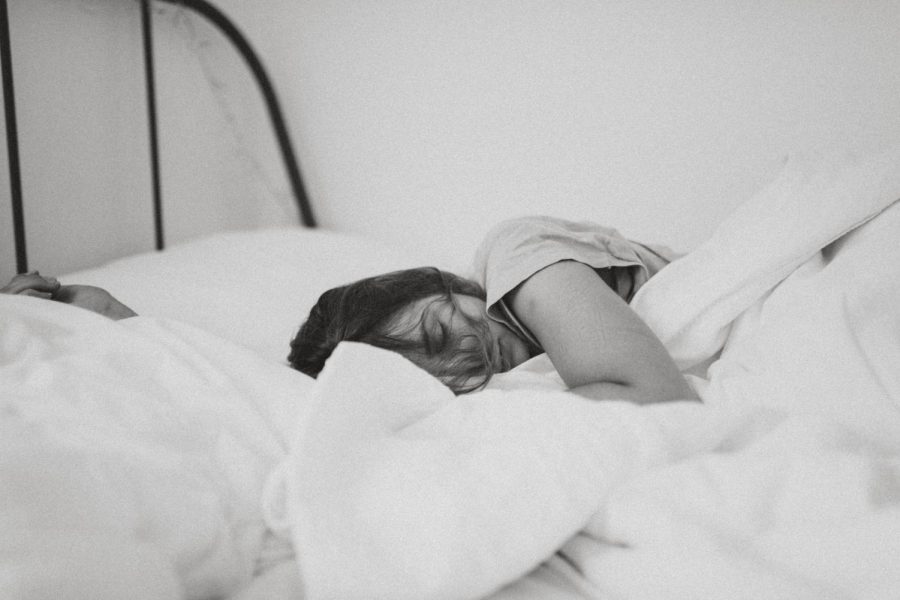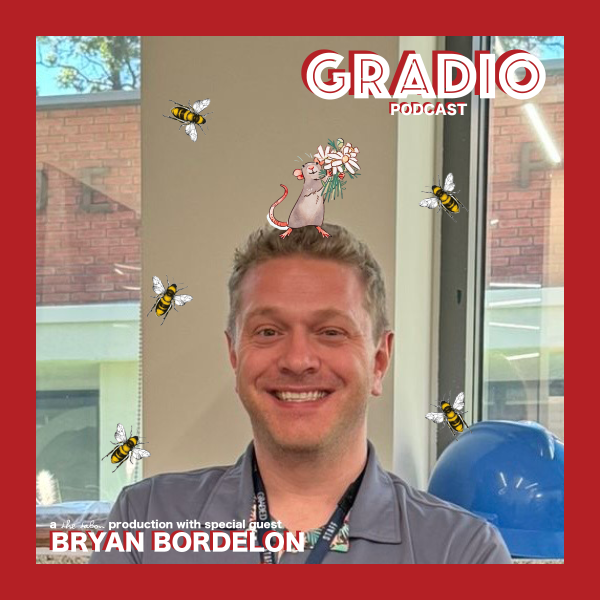How To Fall Asleep Faster
Ever since school began, teachers have been pestering students about the importance of sleep. What they neglected to inform us, was how to get this ever-important sleep. This is why The Talon has created a list of the tricks for falling asleep faster, to help Graded students get high-quality sleep and be energized for the next day.
1) Turn off all electronics before going to sleep
We’ve all probably heard of this rule more than once in our lifetimes. However, if it weren’t true, it wouldn’t be said so often. It’s very common for people to use electronics to calm down before turning in for the night. If you are one of these people, you might find it difficult to sleep afterward. That is because the artificial blue light that is emitted from electronic devices confuses an individual’s internal clock–or if you want to use the scientific term, your circadian rhythm. This causes your brain to slow down the release of melatonin, a hormone that induces sleep, which would mean that it would no longer make you feel tired. Instead of using your phone, try to partake in other activities to replace your phone usage. These activities include reading, drawing or anything that doesn’t use blue light. Unlike most other electronics, e-readers such as Kindle do not emit blue light, and can, therefore, be used before going to sleep.
2) Lower the temperature of your room
Since it’s been getting hotter recently, make sure to try to get your room at a cooler temperature. It has been proven countless times that in order to fall asleep, your body’s core temperature must decrease. Whether it’s opening a window, or taking a hot shower before going to sleep, it’s important to not be too warm when trying to sleep.
3) Don’t stress about it
The worst thing a person trying to fall asleep can do is to think about how they have to fall asleep early or what they have to do the next day. It will do more harm than good since it’s impossible to fall asleep if you’re thinking about your math summative tomorrow, or if you’ll get enough sleep to perform well in your chemistry lab. Another thing that you should definitely not think about, is what you’re going to have to do the next day. This is an easy way to get stressed over nothing. Try thinking about things that calm you down and just let your mind wander, and soon you’ll be falling asleep!
Tricks for falling asleep:
We’ve all heard of the old counting sheep method, but chances are, you might reach a thousand before actually getting tired.
Something that usually works is recounting your day but in reverse. For this to work, you have to make sure your eyes are closed. This is a way to calm yourself down and is a good way to transition from being awake to falling asleep.
Another useful tip is to not look at what time it is. After looking at the time, people will often find that they are unable to stop thinking about how they can’t sleep, which will cause them to become less tired. If you have a clock, try to position it so that it away from your view. If your alarm is on your phone, put it somewhere far enough away so that you can still hear the alarm to wake up, but are not at an arm’s distance from it. Placing your phone far away can also help when trying to wake up in the morning since you have to physically get up to snooze the alarm.
The last method is called the “4-7-8” breathing method. This breathing exercise relaxes your mind and slows down your heart rate, making it easier to fall asleep quickly. These are the steps:
1) Release all of the air from your lungs.
2) Breathe through your nose while counting to four in your head.
3) Hold your breath and count until you reach seven.
4) Breathe out through your mouth for a count of eight
5) Repeat four times
The Talon hopes that these tips will help you get a better night’s sleep and kick your bad sleeping habits to the curb. Although it’s easier said than done, just keep in mind that sleeping is something that comes naturally; don’t overthink it.
Works cited: Sleepfoundation.org, Business insider, Healthline.















